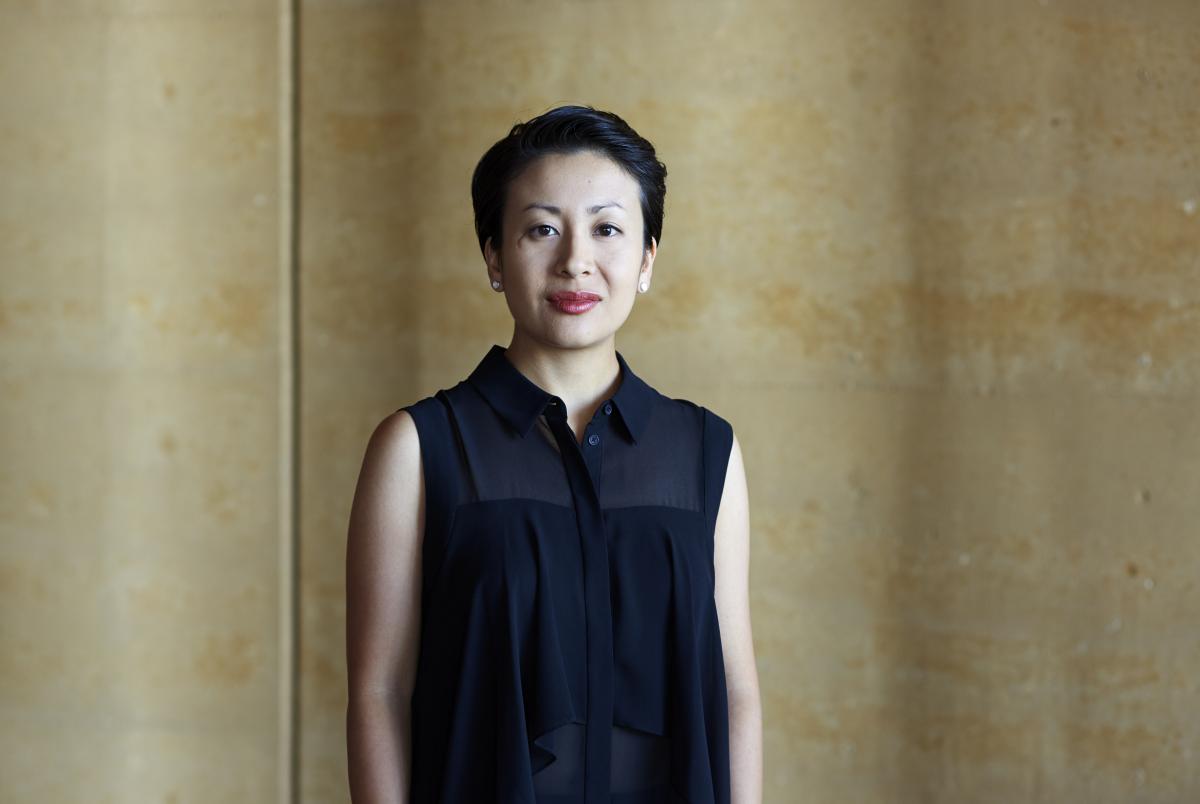Pianist Aura Go applies Michael Chekhov’s acting approach to musical performance for the first time
In her doctoral degree Go developed a new conceptual model for musicians to collaborate imaginatively with different elements of musical performance.

Go’s artistic doctoral degree includes five doctoral concerts and a thesis. The concerts, presented in 2013-2022, offered an in-depth exploration of the piano music of Einojuhani Rautavaara.
“Since my first encounters with Rautavaara’s piano music, I was struck by the difference between information contained in the scores and the ways in which this information had been rendered through recordings. Encountering these contradictory influences of scores and recordings was instructive in understanding the range of inputs like information gleaned from the score, knowledge about a composer’s wider output, performance conventions and personal feeling that we need to navigate each time we perform a piece of music”, Go says.
In search of a creative approach to the process of synthesizing these often contradictory inputs, Go turned to the psychophysical acting technique of Michael Chekhov (1891–1955). Chekhov devised a methodology to develop the actor’s imagination and cultivate an extreme sensitivity to the inner life of movement. He sought to help the actor attain a seamless connection between physical and inner impulses.
Chekhov’s acting technique can enliven the process of preparing for musical performance
Recognising the strong synergies between the work of the actor and the musician, Go investigated the application of the Chekhov technique to pianistic practice and to the process of preparing musical works for performance. Utilising Rautavaara’s Sonata No. 2 ‘The Fire Sermon’ as a case study, Go examined the potential of the Chekhov technique to guide and synthesise the creative process of preparing repertoire for performance.
“The ‘Fire Sermon’ is a work around which strong performance conventions were established even during Rautavaara’s lifetime. These conventions diverge from the composer’s own convictions about the piece. My aim was to develop a sensitivity to aliveness in music making. This keeps the performer connected to the present moment wherever the interpretation may sit on the continuum from ‘normative’ to ‘radical’.”
A new model to describe the web of elements within music performance
Go developed a conceptual model for music performance called Embodied Imaginative Collaboration (EIC). It describes the web of elements that constitute music performance and the imaginatively embodied musician’s role within it, whereby the musician collaborates with instruments, spaces, scores, composers, audiences, and lineages of musical practice. Within this web, the Chekhov technique is situated as a method for enacting and deepening this collaboration. The model suggests that meaningful, creative, living performances emerge from the performer’s embodied imaginative collaboration with each of these aspects or dimensions of music performance.
Read the thesis on our TAJU Database
More information
Aura Go
aura.go@uniarts.fi
Aura Go is an Australian pianist whose practice encompasses performance, collaboration, curation, education and artistic research. Her curiosity and versatility have taken her across the globe, working as a soloist in concertos from Bach to Gubaidulina, as a recitalist, chamber musician and cross-disciplinary collaborator. She regularly collaborates with composers and is an advocate for new and underrepresented music. With pianist Tomoe Kawabata, Aura is a member of the acclaimed KIAZMA Piano Duo. Their CD Five Rocks in a Japanese Garden features first recordings of four-hand and two-piano works by significant Japanese composers. Other projects include a reimagining of JS Bach’s The Art of Fugue, a new interdisciplinary work One Space One, and the commissioning of new work, most recently Holly Harrison’s Crunch (2021). Aura also enjoys regular collaboration with cellist Timo-Veikko Valve (Australian Chamber Orchestra), with whom she has presented recitals across Australia. Recently, Aura took a leading role as pianist-actor in the filmed stage adaptation of Paul Kildea’s book ‘Chopin’s Piano’, directed and co-written by Richard Pyros. Chopin’s Piano will tour nationally for Musica Viva Australia in 2023. Aura has performed at international music festivals, most notably the Edinburgh Festival, Melbourne International Arts Festival, Australian Festival of Chamber Music, Kuhmo Chamber Music Festival and PianoEspoo. Aura is Head of Piano at the Sir Zelman Cowen School of Music and Performance at Monash University. She has been visiting artist at the Fulbright College of Arts and Sciences at the University of Arkansas (USA), the Royal Academy of Music in Aarhus (Denmark) and the Feliks Nowowiejski Academy of Music in Bydgoszcz (Poland). She completed her Master of Music at the Yale School of Music before undertaking doctoral studies at the Sibelius Academy. Aura’s artistic research explores embodied imagination, creativity, and collaboration in music performance.